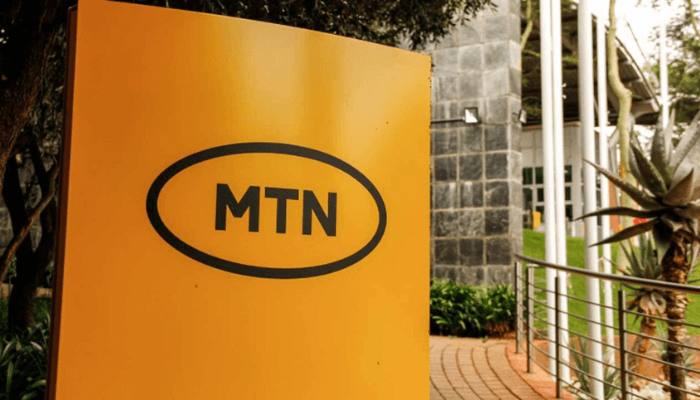Between January and June 2024, telecoms giant MTN Nigeria faced over 13,700 fibre cuts across the country, severely affecting network quality and leading to massive financial losses. The company’s Chief Technical Officer (CTO), Yahaya Ibrahim, made this known during a recent visit by participants of the Media Innovation Programme (MIP-4) to the company’s head office in Ikoyi, Lagos.
According to Ibrahim, the consistent cutting and destruction of fibre optic cables—either through vandalism or road construction—has become one of the biggest challenges threatening the telecom industry and Nigeria’s digital economy.
He revealed that MTN experiences an average of 145 cable cuts daily. In 2023, the firm recorded 9,000 incidents of fibre cuts, while an additional 4,700 cuts occurred between January and June 2024 alone. These incidents result in frequent network downtimes, delays in service, and an average of 15 hours of service interruption monthly in many locations.
The company’s internal data showed that southern Nigeria accounted for the majority of the cuts, recording 6,300 incidents in total—2,800 in the Southwest and 3,500 in the Southeast and South-South zones. In northern Nigeria, the company recorded 2,500 fibre cuts, mostly along key routes and telecom hotspots.
States like Akwa Ibom, Abia, and Rivers were highlighted as some of the worst-affected. The CTO said specific locations such as Omoku and Egbema have become hotspots for fibre vandalism, noting that these areas have experienced repeated cases of intentional damage to telecom infrastructure.
Ibrahim lamented the financial impact on the company, disclosing that MTN had already spent N17.6 billion in 2024 alone on repairing damaged fibre cables. In addition, the company had budgeted N26.3 billion to manage and relocate its network infrastructure, especially in areas affected by ongoing or planned road construction.
He noted that 69% of all cable damage was due to sabotage and civil construction works, adding that the company often got little or no prior notice from contractors or authorities before work began near fibre routes.
“Before we lay these fibres, we usually seek and obtain authorisation from the relevant government agencies, and we also provide Right of Way (RoW) documentation. We submit maps showing exact cable locations. But many times, construction activities still end up cutting our lines without warning,” he explained.
He warned that these disruptions negatively affect every sector of the economy, from banking and healthcare to education and security. “During these downtimes, millions of subscribers lose access to calls, data, mobile banking, and even emergency services,” Ibrahim said.
To address the issue, MTN has deployed a range of interventions, including route patrol teams, fibre relocation projects, stakeholder engagement with government and construction workers, and community-based policing systems to monitor vandalism hotspots.
Ibrahim welcomed the Federal Government’s designation of telecom infrastructure as Critical National Infrastructure (CNI). He noted that this could offer better protection by giving telecom assets the same security status as oil facilities and power grids. However, he said more needs to be done in raising awareness among Nigerians about the importance of protecting telecom infrastructure.
He called on the public, local authorities, and state governments to support telecom operators in safeguarding fibre routes and other key assets, which he said are essential for Nigeria’s economic stability, national security, and the success of the country’s digital transformation agenda.
He further stressed that the telecom sector is a lifeline for the modern economy and its sabotage directly threatens national productivity.
